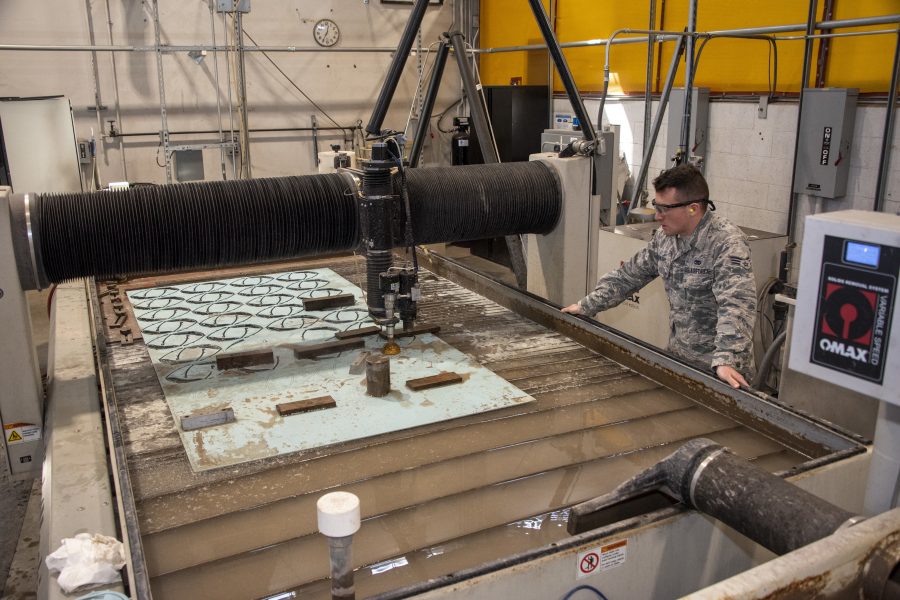The Defense Department will look at ways to shift funding toward COVID-19 response, though the Pentagon’s head of acquisition said the department’s flexibility is limited without action from Capitol Hill.
Some lawmakers have called on the Pentagon to use its budget for coronavirus response, and not seek additional relief in future recovery stimulus funding. While there is potential for the department to shift operations and maintenance funding for COVID-19 response, Congress is already strict about authorizing money for military missions, Ellen Lord, the under secretary for acquisition, told reporters April 30.
“We do have significant needs in terms of readiness and modernization in order to perform our primary mission, which is national security,” Lord said. “So we will look at that. However, I am not sure we have the fiscal flexibility to encompass all of the new demands we have and the inefficiencies that we are seeing, and perhaps we may see in the future. We will obviously do our best.”
The Pentagon is still expecting a three-month slowdown to major acquisition programs because of the impacts of the COVID-19 outbreak. Companies have shut down production facilities, supply chains are slowing, and a lack of travel have all contributed.
“We are not physically able to get contractors sometimes overseas to conduct inspections of aircraft, for instance,” she said. “We have somewhat slowed down our ability to accomplish tasks, and we’re finding workarounds for that.”
The slowdown—Lord avoided using the word “delay”—is based on Defense Department modeling, which combines projections of outbreaks across the country with the locations of DOD suppliers. She said tasks are not being delayed for a set amount of time; instead, programs are slowing while the Pentagon can find new ways to do things.
The impacts on companies across the country have not been uniform, with some able to weather the outbreak better than others. She noted that some companies within the past week started reopening facilities that had been closed due to the outbreak.
One lesson learned from the crisis is that the country is overly dependent on foreign sources for manufacturing, both in military production and the production of health care supplies, which are critical now. Specifically, Lord said, the U.S. relies too much on China.
The Defense Department can “provide acquisition expertise” to the Department of Health and Human Services to build up a resilient manufacturing capability for these supplies to address this outbreak, as well as any future crises, she said.
“We need to make sure we have security and resiliency in the medical industrial base,” she said.


